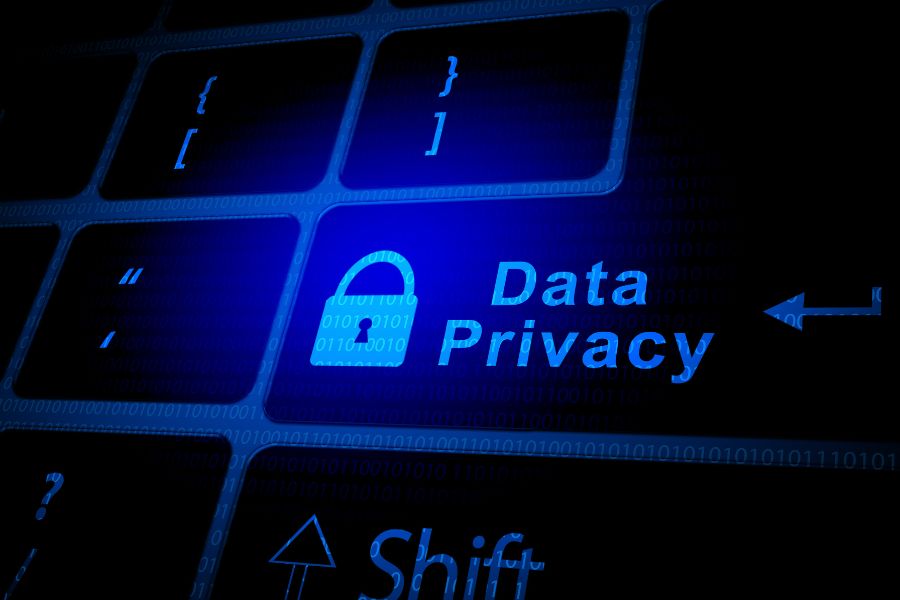The Most Necessary Cyber Security Tricks You Should Know
February 13, 2023, 4 min read
In the modern world, the internet is filled with malicious links, Trojans, and viruses. That’s why everyone should be trained in cyber security. After learning the details about cyber security, you should also search for tips and tricks. Not knowing the most necessary cyber security tricks may cause a lot of trouble that results in financial loss. So, businesses and professionals should learn cyber security tricks by reading this article.
You Should Keep Your Software Up-To-Date
The first cyber security trick you should apply is to keep your software up-to-date. Outdated software decreases the vulnerability of systems and networks so, if you don’t upgrade your software, that leaves your system open for a cyber attack.
In addition to updated software, there are other cyber security tricks related to this. First of all, you should keep your web browser plugins, like Flash, Java, etc., updated. Also, you should use automated security systems.
Be Aware of Malicious Activities
Malicious activities are every day, and they are a massive threat to data protection. So, the most necessary cyber security trick is to beware. Being cautious and knowledgeable is the most co-efficient way to prevent data breaches.
This may seem like a passive trick but is the most critical step. If you click on a suspicious link sent to you via email, that is reckless. You should train yourself about it.
Use a High-Quality Firewall
A firewall is a network security device that is essential for cyber security. Thus, it is listed as one of the most necessary cyber security tricks. There are various kinds of firewalls, which are named next-generation firewalls (NGFW), proxy firewalls, network address translation (NAT), and stateful multilayer inspection (SMLI) firewalls.
Using a high-quality firewall is the key to blocking external threats such as malicious traffic like viruses and hackers. Because Windows and Mac OS X have firewall systems, it is not the user’s task to build them.
Back-Up Your Data
Data backup means backing up the computer data. So much data is stored on a hard drive, some of which are delicate. This phenomenon is to protect data against accidental loss or corruption. Standard backups, system backups, and incremental and differential backups are the most common types of backing-up data.
Since hardware malfunction, human error, software manipulation, computer virus, and natural disasters cause a loss in data, considering data backups is an essential cyber security trick. By having a backup policy, you can be assured of not losing your information.
Stop Using a Public Wifi
Public wifi can be a huge cyber threat. So, everyone should be aware of using public wifi. If you have to use public wifi, you must not do it without using a Virtual Private Network (VPN). VPN makes the traffic encrypted. That means VPN decreases the vulnerability of your system.
If you don’t have a VPN, you shouldn’t use public wifi in any way because it can result in data breaches. Especially if you are a business owner who hires employees, you should also train them about this. Every individual must keep the cyber threat that public wifi cause in mind.
Secure The Mobile Devices
While people tend to care about data protection while using a computer, they care less while using mobile devices. However, cyber security is not just about computers. So, you should also take measures to protect your mobile devices.
To secure your mobile devices, you should determine strong passwords, change them regularly, turn off your Bluetooth while going over sensitive data, not connect to public wifi, and finally, not click on suspicious links.
Use a Password Manager
One of the other most necessary cyber security tricks is to use a password manager. Since you should determine a different password for each of your accounts, you need a password manager to remember all of them. This password manager software has a master key password. And that is the only password you should remember. After unlocking the software, you can see all the passwords you determined before.
Thanks to the password manager, you can reach all your passwords at the same time. With this method, your networks and systems are more robust against cyber threats. This method also prevents you from writing your passwords. Writing them is highly dangerous when it comes to cyber security.
Be Careful About Giving Payment Information
There are lots of things to consider when giving a website payment information. First, you should search for the reliability and security of the website. This subject doesn’t change whether you use your mobile phone or computer. Unknown sites cause a vulnerability and, therefore, cyber threats.
Secondly, you should save your payment information. For comfort, websites offer customers the chance to save payment information. But it is not a good idea. This causes data breaches consequently. Saving payment information causes an increase in vulnerability in many aspects. So, it must be avoided.
At this step, being highly suspicious might help you. Even though you have a cyber security system that prevents data breaches, you should also be aware of the importance of the matter. Significantly, while clicking on a link or downloading a file, you should be highly sceptical about protecting your data. As mentioned before, while there are many cyber security tricks, the most important is awareness.
Conclusion
With the improvement of cyber security, there are many words people have started to be familiar with. Every individual, especially a business owner, must recognise cyber security’s importance. You should know about cyber security tricks to apply the security system easily and prevent data breaches.
Cyber security tricks are for conducting the system and have decreased in the vulnerability of networks and systems. With these tricks, data protection and information security can be assured. Searching for tips would make you realize the importance of cyber security more.
Sources: Cybint Solutions, Cipher, Information Security Office at UC Berkeley, Forcepoint, Executech.




























